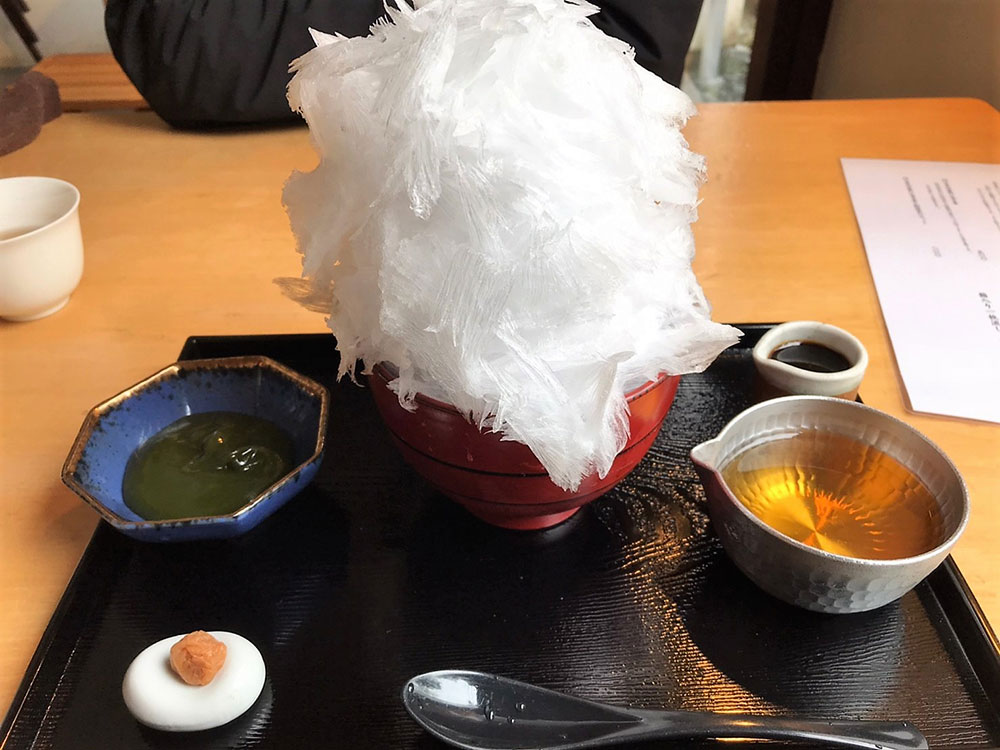If you are interested in studying in Japan and are looking into studying abroad, you may have only vague goals at present such as going to a Japanese university, graduate school, vocational school, or finding a job in Japan. And you might be thinking that, in order to do so, it will be more efficient to go to Japan and study at a Japanese language school than to prepare in your own country, and that will also enable you to study effectively. We would like to inform you about three points to keep in mind, so that everyone who is serious about studying abroad at a Japanese language school can make a better decision by collecting various information.
Attendance rate
Japanese language schools, vocational schools and universities make records of the attendance rates of their international students. The recorded attendance rate is to be submitted to the Regional Immigration Services Bureau of Japan, which is in charge of student visas. The importance of your attendance rate will be very high, not only while you are studying at a language school, but also in a variety of situations after graduating from it.
For instance, an international student may be thinking about going on to a Japanese university after studying at a Japanese language school. If the student’s visa is still valid, there will be no need to apply for a new visa at the time of admission to a university. However, it will be necessary to extend the student visa at some time or other, and at that time the student will have to submit a certification of attendance and an academic transcript of the Japanese language school to the Immigration Services Bureau. An academic transcript of the Japanese university will also be needed. If the attendance rate of either one or both is not good, the period of stay of the visa may be shortened regardless of the number of years until graduation from university, or even worse, the application for visa renewal may be rejected and the student may have to return to his or her home country.
You will also have to submit your certification of attendance and academic transcript of the Japanese language school when you apply for admission to a Japanese vocational school, university, or graduate school. Some vocational schools do not accept applications from students whose attendance rates at Japanese language schools are less than 80%. Universities and graduate schools also care a lot about attendance rates; even though they do not reject applications from students with low attendance rates, they usually ask the reason for the poor attendance rate at the interview test.
Students who go to a Japanese language school and study seriously will steadily improve their Japanese proficiency, and since they would not miss hearing important information, they will be able to achieve their goals in a limited amount of time. Those who keep a high attendance rate and participate actively in their classes might have a chance to be selected as a recommended student of the Japanese language school when applying to a vocational school or university that has a designated school agreement with their Japanese language school.
Before entering a Japanese language school, you need to reflect on yourself and consider if you can be prepared enough to go to school and listen to the lessons every day.

Curriculum that can only be received in Japan
There are many Japanese language schools in Japan, and each school has a different curriculum, so you must check the curriculum in detail when selecting a school. If you look at what they teach carefully, you might find that some schools are dealing only with contents that you can learn in your own country, and some are offering courses that you cannot study in your own country; such difference shows the great variety of Japanese language schools. Each school has a different educational philosophy and management policy, and that’s why their curriculums vary so much.
Tokyo Galaxy Japanese Language School gives top priority to improving Japanese skills of the international students and enabling them to achieve their goals. It is the first Japanese language school to offer the Optional Subjects Curriculum, the Business Japanese Class, the Accelerated Learning Class, the Academic Japanese Class, the Cultural Communication Class and the Intermediate Oral Approach Class. Our educational curriculum has received high praise from our current students and graduates, because the classes are designed after considerable research by our teaching staff, who have been giving lessons to students and figuring out the students’ expectations and the ways they improve their Japanese skills.
We strongly recommend you to check the curriculums of the Japanese language schools in detail, and make sure in advance that the school offers classes that suit your goals.
Entrance exam training and employment support
Japanese language schools have different curriculums, and their programs related to entrance exam training and employment support also differ from school to school.
We know that there are students who enrolled in a Japanese language school with a goal of entering a Japanese vocational school, but changed their goals after studying for a while to go on to a Japanese university. In some cases, students aiming for a Japanese graduate school changed their plans to go on to a vocational school or get a job in Japan. So it might be a good idea to know in advance whether the Japanese language school you are planning to enroll has training programs for entrance exams of Japanese vocational schools, universities and graduate schools, or an employment support program. If you can receive help from your trainer in such preparation programs, you will be able to use your limited time effectively and you will be closer to achieving your goals. If the Japanese language school of your choice has such an environment, you will also be able to learn about the career paths of its current students and graduates, which will be of great help in gathering information.
If you have a goal to achieve in mind, and decide to study abroad in Japan, please remember about things like the attendance rate, the school curriculum, the entrance exam training and employment support programs when considering Japanese language schools. The time you are going to spend at a Japanese language school is a chance to be given only once in a lifetime. Think about how you will spend this precious time and how you will envision your future at the school, and get up the courage to take on this challenge!
